Enjoy special savings, and let us handle covered home hassles.
Life moves fast when you have home responsibilities to wrangle, from regular maintenance to considering the benefits of a home warranty. We're keeping things short and sweet with an assortment of quick (but helpful!) tips for maintaining your home. Learn cleaning hacks, organizing tricks, safety tips and home how-tos to help you stay up to speed with what your home needs.
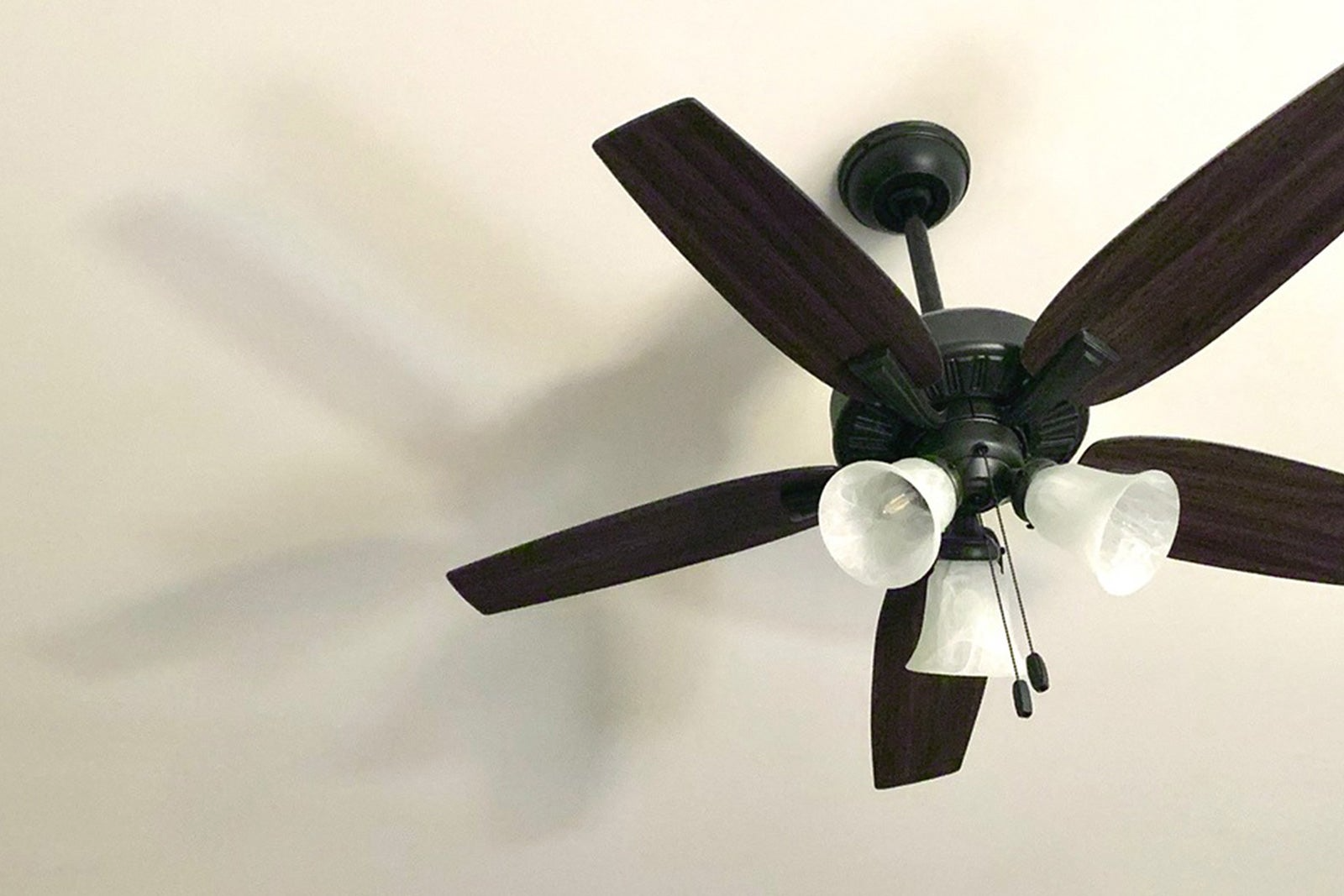

Home technology has evolved dramatically over the past decade, with smart devices becoming increasingly commonplace in American households. From voice assistants to security systems, these technologies promise convenience, security, and efficiency – but do they deliver? And at what cost?

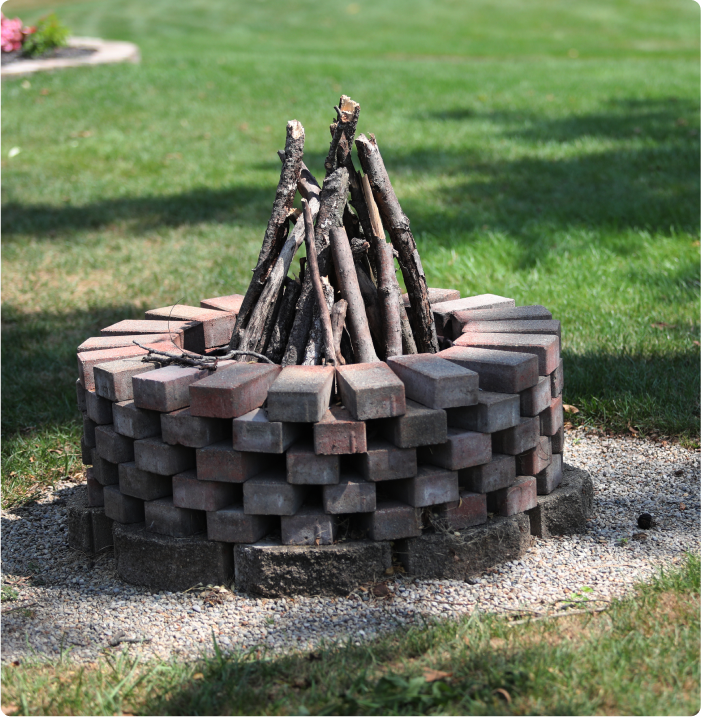
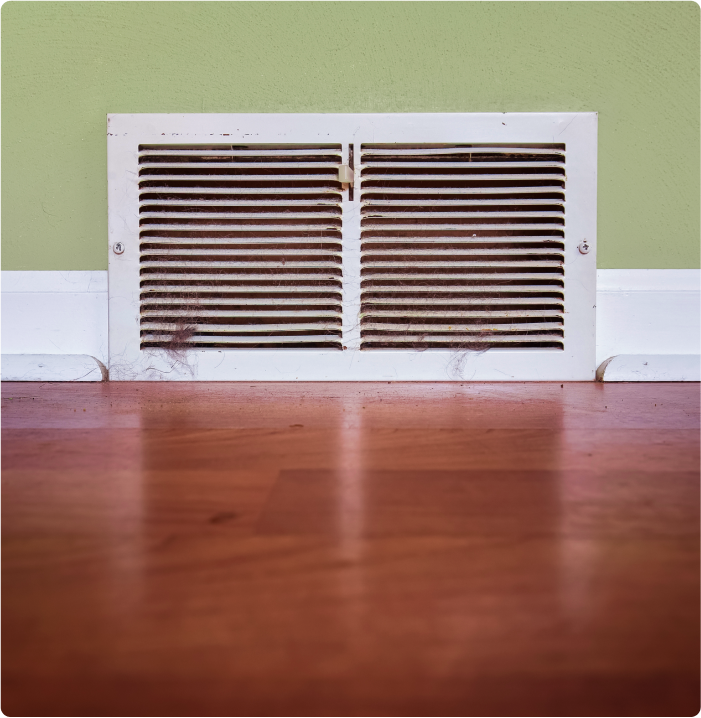




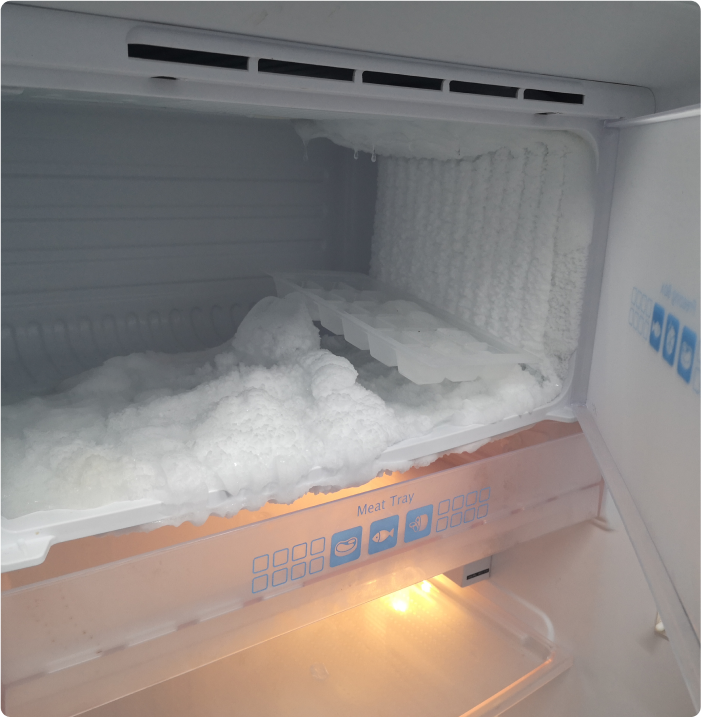
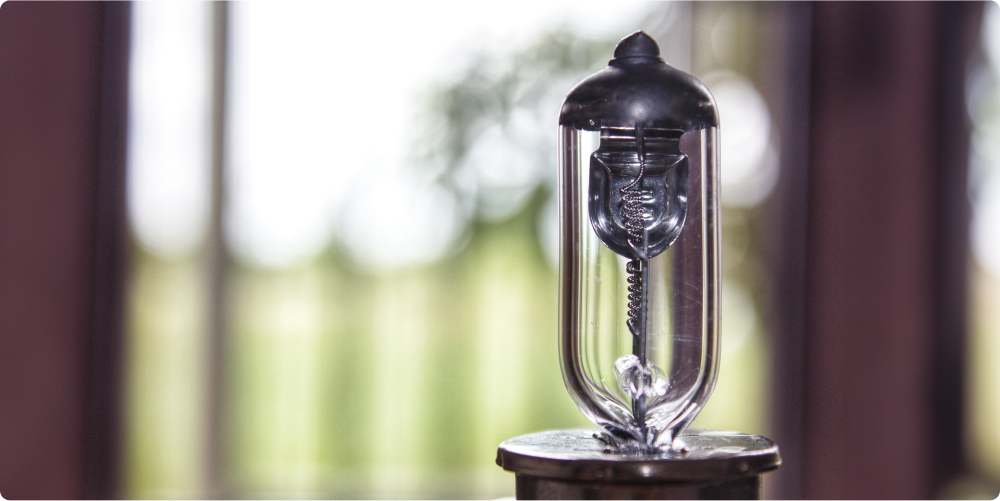

Have a plan for your home when things don't go according to plan
Shop Home WarrantiesStaging